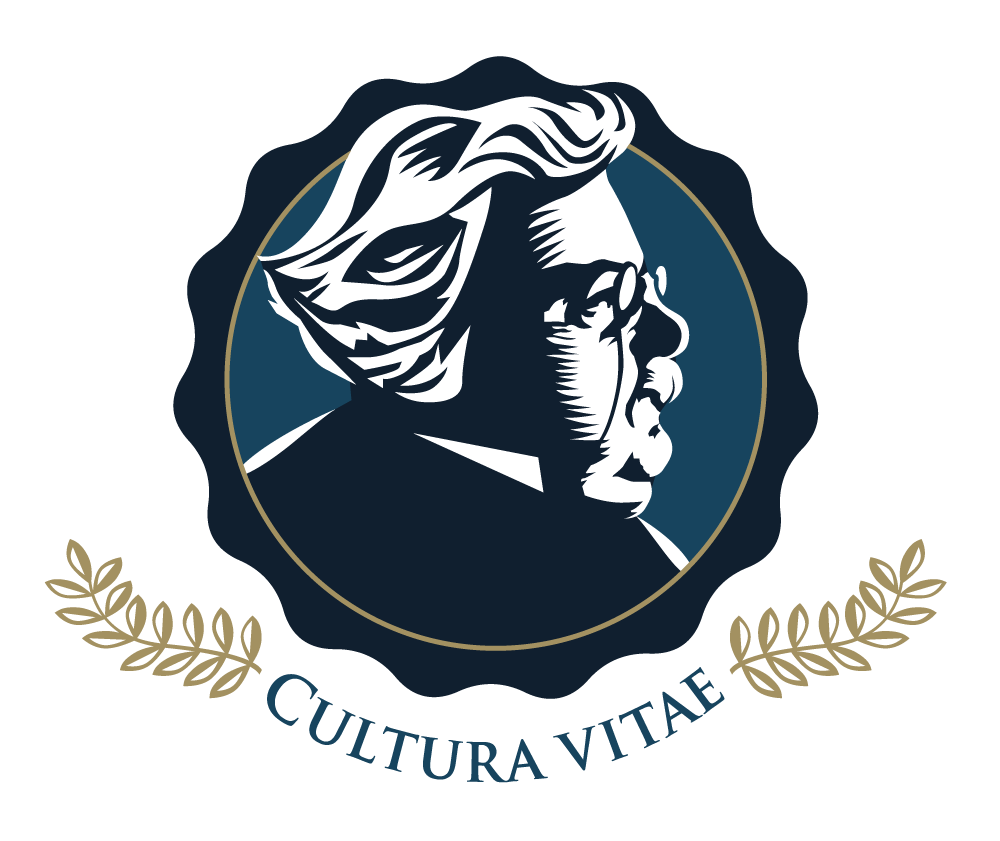Language 9 -
Latin I
Far from being a “dead language, ”Latin is alive and well! It lives in the Catholic Church through its liturgy, daily use, and official documents. It lives in the English language which draws major portions of its vocabulary from Latin. It lives in legal documents, scientific language, and countless other fields that rely on its precision and order. In fact, it can even be claimed that Latin is a foundational language for anyone who hopes to fully grasp Western culture and tradition. In this introductory course, students will master the basics of Latin grammar and vocabulary using the first book of Fr. Robert Henle’s Latin series. By the year’s end, students will attain a firm grasp of the language, preparing them for their sophomore year study of Caesar.
Language 10 -
Latin II
Latin II builds upon the initial foundation of Latin I. Latin II uses Fr. Robert Henle’s second Latin book, an ordered study of Julius Caesar’s “Gallic Wars.” Students will spend the first part of the year reviewing and building up their understanding of Latin constructions so that they will be ready to read the Caesar text in the second part of the year. By the end of the year, students will have read several hundred lines of Caesar’s writings and will be capable of hashing through most works of Latin prose
Language 11-
Latin III
Language 12 -
Latin IV
In this third-year course, students continue to deepen their knowledge and understanding of Latin as they dive into primary texts from a variety of authors. During the first semester, students will read from one of the Doctors of the Catholic Church, St. Augustine, and then from Rome’s most famous orator, Cicero. In the second semester, students will first read writings from Petrarch, which tie in with their Renaissance history studies, then selections from Catullus’ poems, and they will finish their third year study with passages from the Catechism of the Catholic Church in Latin. After two years of academic rigor, students are rewarded with the sweet victory of being able to translate some of the greatest works of the Western literary tradition
From the time of the Romans leading up to the 20th century, an enormous body of literature and thousands of important documents were written in Latin. Being able to read this vast corpus of writings in the original language is incredibly important if we hope to not only grasp their authentic meaning but also appreciate their artistic depth and beauty. In this capstone course, students continue to read and translate some of the greatest works in the Western literary tradition from Livy, Horace, Virgil, and St. Thomas Aquinas. Along with these more well-known works, medieval hymns and papal encyclicals are also read as a means to encounter God and to appreciate the rich theological depth of the Latin language.
